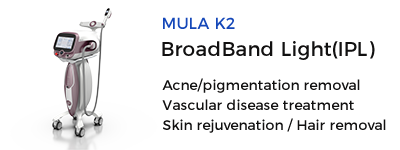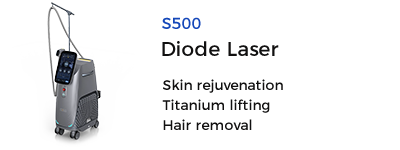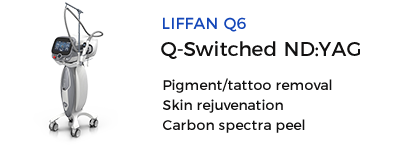The Role of Probiotics in Skin Health and Acne

The Role of Probiotics in Skin Health and Acne
The Role of Probiotics in Skin Health and Acne
In recent years, probiotics have gained substantial attention for their role in maintaining a healthy gut, but emerging research suggests that these beneficial bacteria also play a vital role in skin health, particularly in mitigating acne. Probiotics may serve as a natural and effective complement to other dermatological treatments, including skin whitening treatments, IPL photofacials, and vascular laser treatments. Understanding how probiotics interact with your skin can provide a holistic approach to skincare, enhancing the effects of these advanced procedures.
The Gut-Skin Axis
The gut-skin axis is a concept that underscores the intricate connection between the digestive system and skin health. Disruptions in the gut microbiome can lead to inflammatory responses that manifest as skin conditions such as acne, rosacea, and even eczema. Probiotics help to balance this delicate ecosystem by promoting the growth of beneficial bacteria while inhibiting harmful pathogens.
Probiotics for Acne
Acne is a common skin condition caused by various factors, including hormonal imbalances, diet, and bacterial overgrowth. The incorporation of probiotics into your skincare regimen can help to reduce inflammation and bacterial proliferation, which are both pivotal in the development of acne. Probiotic strains like Lactobacillus and Bifidobacterium have been shown to lower skin inflammation and improve the skin barrier, making them a robust option for acne management.
Complementary Treatments: IPL and Vascular Laser Treatments
Intense Pulsed Light (IPL) treatments, including IPL photofacials and IPL for acne scars, are non-invasive procedures that utilize scattered wavelengths of light to target various skin concerns, such as pigmentation, redness, and acne scars. Vascular laser treatments, on the other hand, focus on diminishing broken blood vessels and rosacea.
While these advanced treatments are efficient in addressing specific skin issues, probiotics work from the inside out to build a stronger, healthier skin foundation. When combined, patients may experience a synergistic effect, achieving firmer, clearer skin with reduced downtime and enhanced long-term results.
Skin Whitening Treatments
Skin whitening treatments, such as underarm skin whitening treatment, often aim to reduce hyperpigmentation and achieve a more even skin tone. Probiotics can assist by modulating melanin production and encouraging skin repair mechanisms. A balanced gut reduces systemic inflammation, which, in turn, helps decrease skin discoloration.
How to Incorporate Probiotics into Your Routine
Probiotics can be consumed in various forms, such as supplements, fermented foods, and topical applications. Fermented foods like yogurt, kefir, and sauerkraut are excellent options for those looking to enhance their gut and skin health naturally. Topical probiotic formulations designed for skincare can also be an effective addition to your beauty regimen.
Conclusion
The integration of probiotics into skincare routines holds promising potential for improving skin health and treating acne. When used in conjunction with advanced dermatological procedures such as IPL machine treatments, vascular laser treatment, and skin whitening treatments, probiotics can amplify the benefits, offering a holistic and comprehensive approach to skincare. Therefore, both practitioners and patients should consider the gut-skin connection as a vital component in achieving optimal skin health.
By focusing on both internal and external treatments, it's possible to attain and maintain a complexion that's not only clear of acne but also well-nourished and resilient.

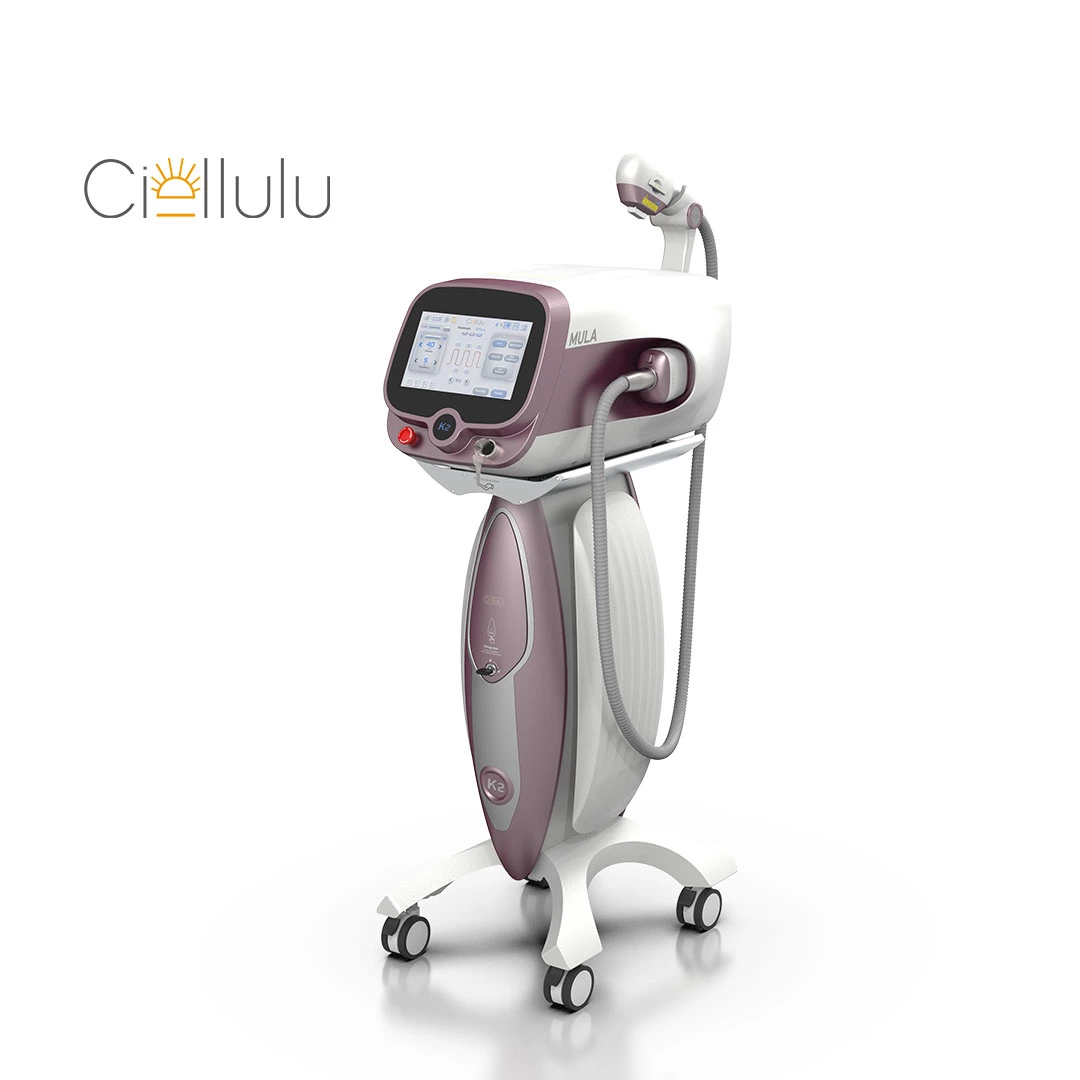
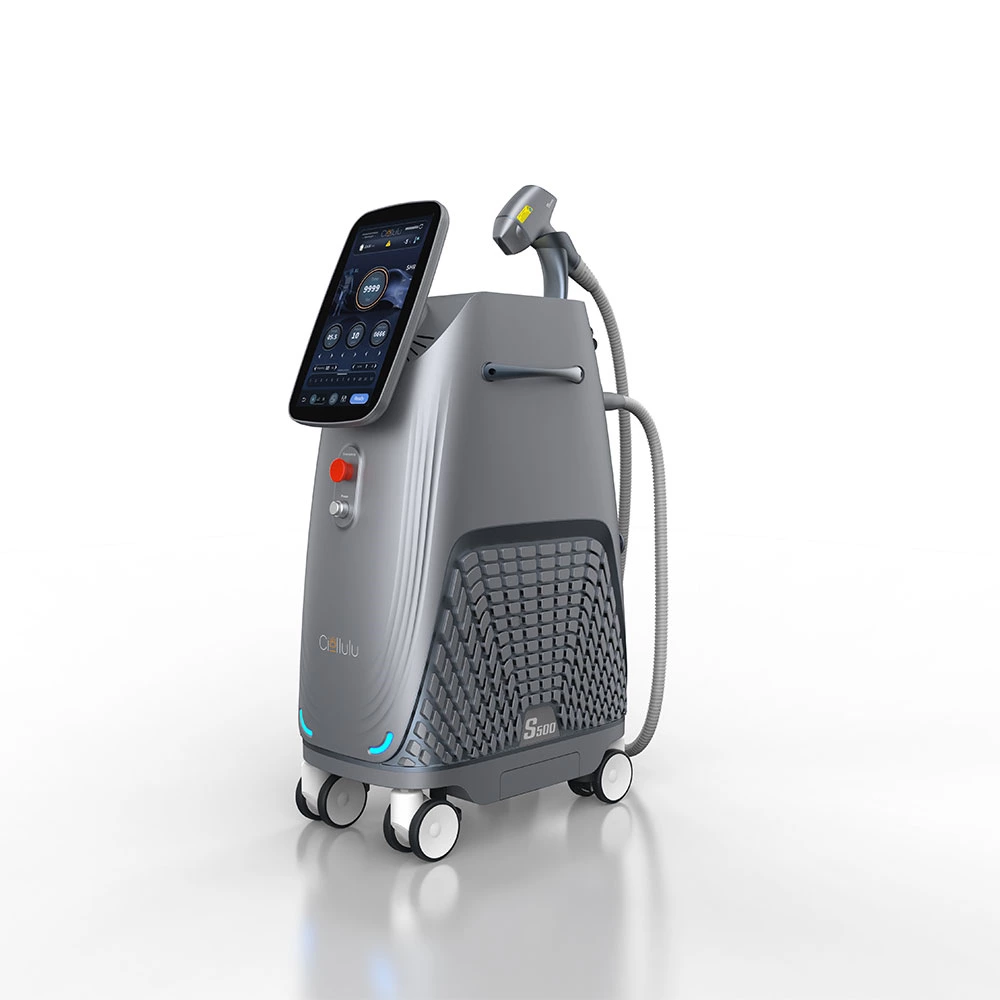
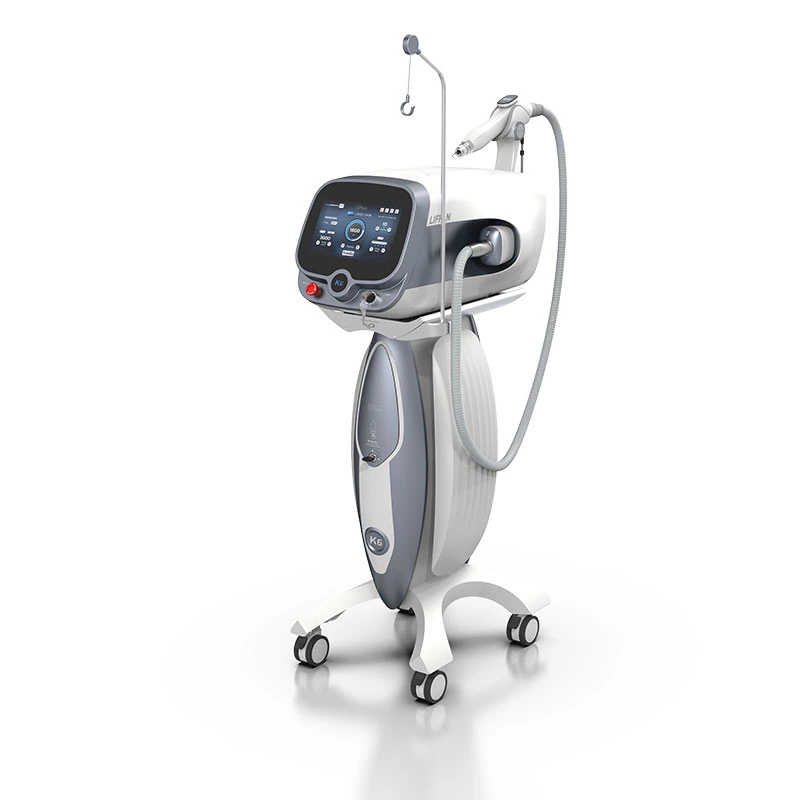
 Ciellulu Laser - Facial Machine Supplier
Ciellulu Laser - Facial Machine Supplier